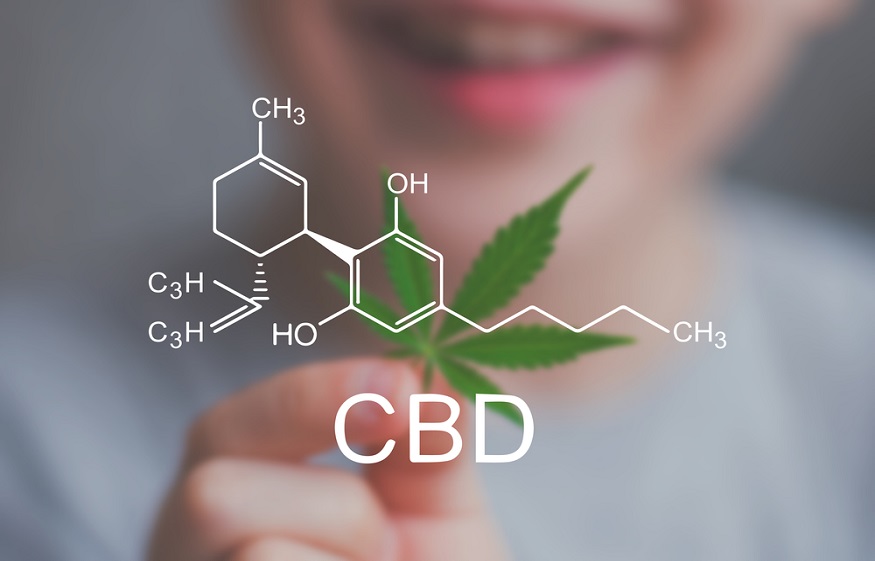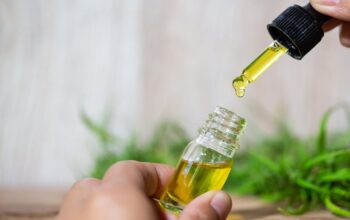A recently conducted poll out of the University of Michigan shows that Americans parents, while willing to consider CBD as a health supplement for adults, are unsure about letting their children use it. The poll suggests that parents with potential objections are probably influenced by a lack of knowledge about the differences between CBD and THC.
The results of the C.S. Mott Children’s Hospital National Poll on Children’s Health should not come as a surprise to people who advocate for cannabis as a medicinal plant. There is still a lot that we don’t know about cannabis, and the average person on the street knows very little about CBD and THC.
From the standpoint of retail products on shelves, the biggest difference is established by law. Federal law prohibits the sale of any cannabis plant material or cannabis-derived products containing more than 0.3% THC. Some states adhere to that federal standard; others allow the cannabis Washington has banned.
High or Low THC Plants
The C.S. Mott poll seems to indicate that parents associate CBD with marijuana. They do not seem to draw a distinction between high and low THC plants and the products derived from them. Fortunately, it is easy to understand the difference just by taking a brief look at federal definitions.
A cannabis plant with more than 0.3% THC by volume is classified as marijuana. One with 0.3% or less is classified as hemp. Almost all the CBD utilized to make health and beauty products is extracted from industrial hemp biomass.
Processors can choose from a number of different CBD extraction methods, explains Houston-based CedarStoneIndustry. Distillation is the easiest and cheapest method, but it doesn’t produce consistent, high-quality crude. Most processors rely on either solvent or CO2 extraction. Both processes are more expensive, but they yield a purer product on a more consistent basis.
Extraction method matters because it determines the quality of the CBD product. This is something else parents are not especially familiar with. They may be concerned about giving a CBD health supplement to their children because they have no idea how it was produced.
CBD’s Effect on Children
Still another factor for parents is a lack of data regarding CBD’s effects on children. We barely know how it affects adult bodies. Unfortunately, research data is limited due to the fact that industrial hemp wasn’t even legalized in this country until late 2018.
Now that it is legal, research is starting to pick up. Moreover, thirty-seven states having legalized marijuana in some form or another has likewise opened the door to THC research. Even growers and processors are getting in on the research in hopes of developing new CBD and THC products.
For now, though, some parents view CBD as a gamble for their children. There are undoubtedly those who have a genuine safety concern regarding CBD health supplements. Others may not worry about safety, but they still have questions of efficacy. Will CBD really help their kids? And if not, why spend the money?
As a side note, parents who would consider giving their kids CBD cite the following issues for doing so:
- Sleep problems
- ADHD
- Autism
It is clear that these parents recognize the need to treat their children’s conditions with something other than traditional treatments. This seems to indicate that previous treatments utilizing other means have not helped their children. If CBD can do the trick, it is worth a try.
Ultimately, education will answer a lot of parents’ questions. Perhaps a few years from now, CBD will be one of the most widely utilized health supplements for kids.


